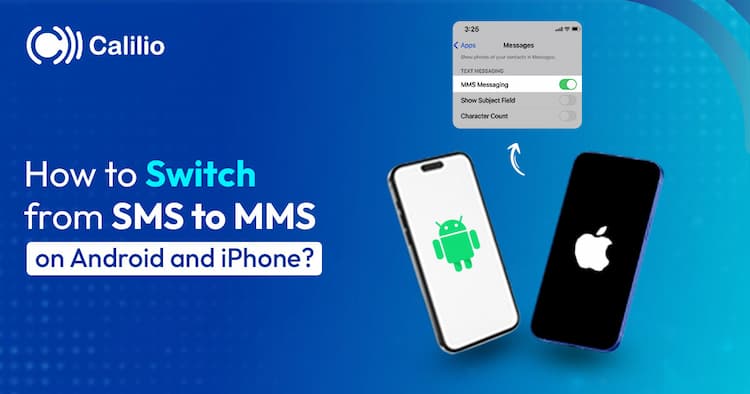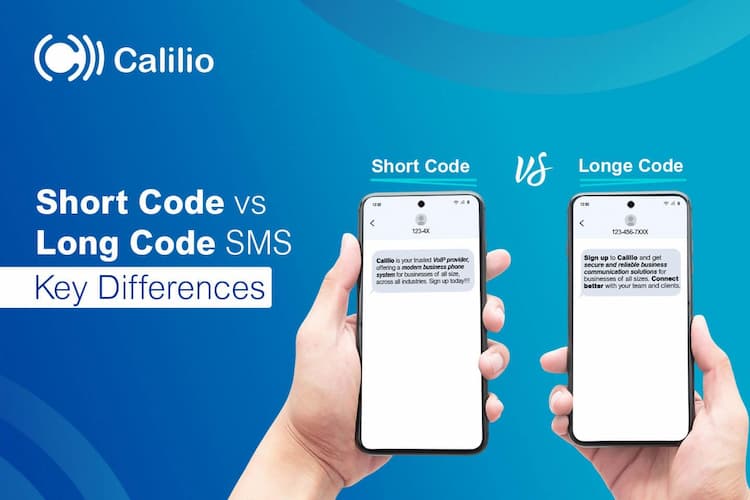Call Center Call Recording and Monitoring Laws

Call recording and monitoring is a common contact center practice for businesses to track KPIs for quality assurance. However, call centers must record and monitor calls, adhering to rules governing communication practices. Failure to comply with these laws can result in legal penalties, financial losses, and credibility loss.
Call centers should always keep up with new laws and strategies in an ever-changing regulatory environment. They must provide a transparent service with privacy and security measures.
Highlights 💡
- Call recording and monitoring laws vary from country to country.
- One-party consent means recording a call with the permission of any individual involved in a call.
- All-party consent means recording a call by informing all parties involved in a call.
- Including transparency, maintaining customer privacy, and having adequate knowledge of call recording law helps you record and monitor calls legally.
Is Call Recording and Monitoring Legal For Call Center?
Recording and monitoring calls are legal for business purposes such as identifying customer issues, improving service quality, and training agents. They capture inbound and outbound calls and screens of agents handling a call. However, you must understand the caller’s country, state, and local communication laws before recording and monitoring a call.
Call Recording and Monitoring Law in Different Countries
Call recording and monitoring laws vary from country to state and local area. To legally record a call, one should be versed in both originating and terminating country’s recording laws.
United States
The United States has a federal law where one can secretly record the call while the other party remains clueless about the recording. 38 states of the US have one-party consent including Texas, Columbia, Georgia, and New York.

However, 13 states imply additional laws where parties involved in the call should consent to recording and monitoring. California, Connecticut, Delaware, Florida, Illinois, Maryland, Massachusetts, Michigan, Montana, Nevada, New Hampshire, Pennsylvania, and Washington have an all-party consent law.
Canada
If the parties involved object to the recording, the call center must ask the business not to record a call. You can visit in person, by mail, or provide online transactions for their consent.
Europe
General Data Protection Regulation (GDPR) sets the ground for European countries call recording and monitoring. Before recording the call, the call center must state the need for the call record and get consent from all parties involved.
According to EU (European Union) rules, all recordings must be accessible within 30 days. The call center must also be able to erase recordings if requested, in compliance with the customer’s right to erasure.
What Are One-party Consent and All-party Consent?
Call recording and monitoring laws vary by state and depend on one-party and all-party consent. However, both laws describe the legal necessity for recording calls.
One-party consent allows recording the call with the permission of at least one involved individual. The other party is unaware of the recording. Most countries in the US enable one-party consent.
All-party consent, also known as two-party consent, requires notification of all parties involved in recording and monitoring the call. To record a call legally, all concerned individuals must approve the recording. Australia, Canada, Germany, and the UK follow the two-party consent rule.
Penalties for Violating Call Recording and Monitoring Law
Violating call recording and monitoring laws comes with significant consequences. The penalties for the crime differ by the country's law and the crime's seriousness.
Interfering with private calls by listening, recording, or monitoring them without permission breaches the customer’s right to privacy and can result in fines, imprisonment, and loss of business license. Individuals who suffer from this invasion of their rights can take legal action and claim compensation.
Tips to Legally Implementing Call Recording and Monitoring in Contact Center
Adhering to call recording and monitoring law, providing transparent, ethical recording service, and ensuring customer privacy rights allow to record and monitor calls legally and ethically.
Understand Current legislation
Being up to date on call recording law helps call centers ensure compliance with the law and protect customer's privacy and trust. The best option for call centers to record calls legally is to prioritize caution.
Be Transparent
Call recording that isn’t disclosed makes customers feel uneasy. The best approach is to have the customer's consent before recording and monitoring calls. Utilizing IVR (Iterative Voice Response) to notify or inform the customer before the interaction keeps you ethical.
Maintain Customer Privacy and Data Security
Ensure the client interactions are kept secure by explaining the purpose of the recording and monitoring and how the call center will use it. Ensure that your data storage has security standards and encryption.
Ensure Call Quality and Clarity
Eliminate distractions while recording the call to prevent the loss of vital information. A clear and quality call can provide legal protection during a dispute and ensure customers meet quality standards.
Train Agents on Ethical Call Practice
Keeping your agents well informed about call recording and monitoring rules helps them stay on their toes about legal procedures. Moreover, it adds one more protection layer against data leakage.
Conclusion
Call recording and monitoring law ensures customers' rights to be informed, access, erasure, and object. It is also concerned with recording and monitoring calls ethically. The law instructs the call center on what to record and what not to record, who to inform, and who not to.
Calilio lets you record your calls for future purposes and monitor your agent calls to provide them with training in real-time. Sign up today!!!
Frequently Asked Question
Why is a call recording and monitoring important in the call center?
Call centers record and monitor the calls to keep track of KPIs for quality assurance. It can serve as protection against legal disputes and support training for agents.
Can you request a customer service call recording?
Yes, you can request a call recording from customer service. But you’re not guaranteed to get one. However, a company can provide you with a copy of the recording if it meets legal requirements.
Can I accuse someone of recording my call without permission?
If your country has an all-party consent rule, and someone is recording or eavesdropping on your call without your permission, you can take legal action against them.
Latest Posts
From the blog
The latest news, technologies, and resources from our team.





